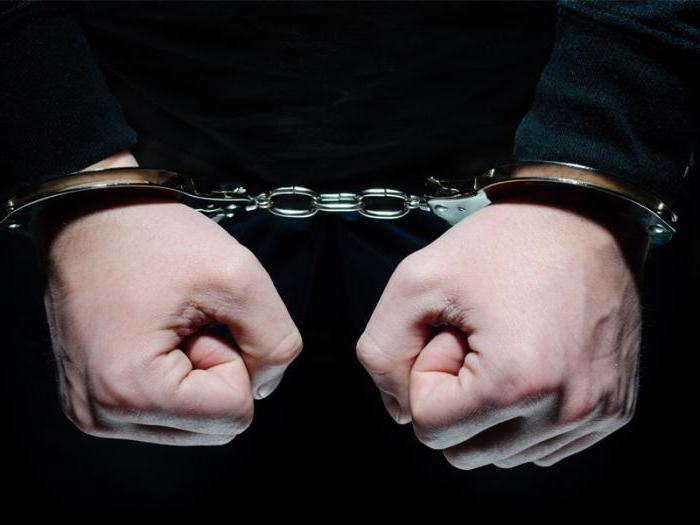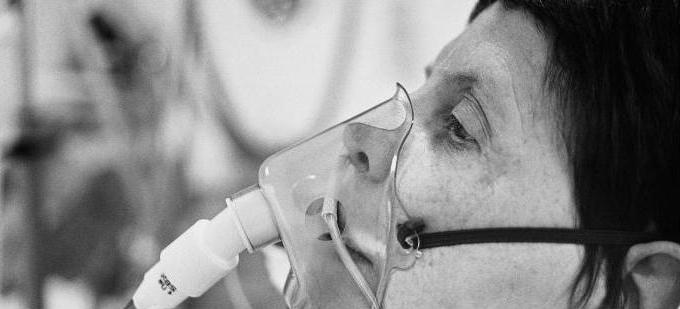Any citizen of Russia has the right to protect himself and others, as well as the interests of society and the state from dangerous encroachments of other persons. Often such actions are associated with the use of physical force in relation to the offender. During the struggle, his health can be harmed of varying severity. Art. 114 of the Criminal Code of Russia considers the types of punishments in cases where the actions of the defending side are recognized as excessively aggressive.
The consequences of defensive actions
Every citizen from birth has the right to life. In the event of a threat from others, he can protect himself by any convenient means. But the law, in turn, establishes certain limits of permissible defense, passing which the citizen himself becomes a violator. If his actions did not lead to serious consequences and the offender received only minor injuries, then such steps are recognized by the law as permissible and justified. Otherwise, Art. 114 of the Criminal Code of Russia.

It highlights two main points:
- Exceeding the limits of permissible defense by a citizen, as a result of which a serious and moderate harm to health is inflicted to the offender (part 1).
- The actions of law enforcement officers in relation to persons who are directly guilty of a specific crime. In this case, we have in mind the situation when the employee exceeded the measures necessary for detention (part 2).
Moreover, the liability under Art. 114 of the Criminal Code of Russia is established precisely when it is proved that these actions were intentional. That is, defending oneself from criminals or trying to detain them, a person intentionally acted as harshly as possible, understanding what the consequences of this could be. By law, such acts are recognized unjustified, despite all the extenuating circumstances of the case.
Corpus delicti
To better understand all the circumstances of Art. 114 of the Criminal Code of Russia, it is necessary to clearly clarify the composition of this crime:
- The object is the very social relations that are aimed specifically at ensuring peace and security of public health. This is not only about civilians. The violator, being a citizen of his country, has the same right to such protection.
- The objective side will be considered to be causing harm in which the chosen nature of the defense or measures for detention clearly do not correspond to the degree of danger of the offender.
- The subject can be any individual who has reached the age of 16 years at the time of the commission of this crime. That is, it is able to fully comply with the law for all committed acts.
- The subjective side of such a crime in both cases is the intent that was present in the actions of the offender. Moreover, it could be either direct or indirect.
In order to make the right decision regarding guilt, each crime of this kind must first be sorted into the above components. Only then can a final decision be made.
Fair retaliation
For any crime, the offender must be legally responsible if his guilt is proven. For causing harm of medium and special gravity, according to Art. 114 of the Criminal Code, he faces:
- If self-defense is exceeded, correctional labor for up to 1 year. In addition, by decision of the court, specific measures of influence in the form of forced labor, as well as complete deprivation or restriction of freedom for the same period, can also be applied to it.
- In case of intentional infliction of such harm to the health of the criminal in circumstances when the measures necessary for his detention were exceeded, the guilty citizen (employee) may be punished by imprisonment or temporary restriction of liberty for a term not exceeding 2 years.

The final decision regarding the choice of the measure of influence is made by the court. During the trial, he must take into account the gravity of the harm caused and all possible mitigating and aggravating circumstances. For example, if during a detention a citizen inflicted such injuries on the offender, from which he died, then here we will talk about a longer sentence. Moreover, it will be installed according to Art. 108 of the Criminal Code of Russia.
The essence of the concept
In the case when it is recognized as a crime to cause serious or moderate damage to health if the limits of necessary defense are exceeded, you need to have a clear idea of this concept.

Any actions aimed at one’s own defense should be justified. Issues of necessary defense are specifically addressed in article 37 of the Criminal Code of Russia. For example, in Part 1, it is said that justification for such harm can be justified only if the violator has used violence that is really dangerous for the life of the defending person and the people around him. In addition, a citizen could protect not only himself, but also the interests of society or the state. This also includes those cases when there was no violence as such, but there was a threat of its use. In part 2.1, it is explained that the actions of a citizen who inflicted harm on the offender will not be considered as exceeding the permissible limits of the necessary defense if this encroachment by the offender was unexpected for him. In such a situation, a person could not objectively assess clearly the nature and degree of danger of the attack that was committed on him. In exceptional cases, this clause may be regarded as partly a mitigating circumstance.